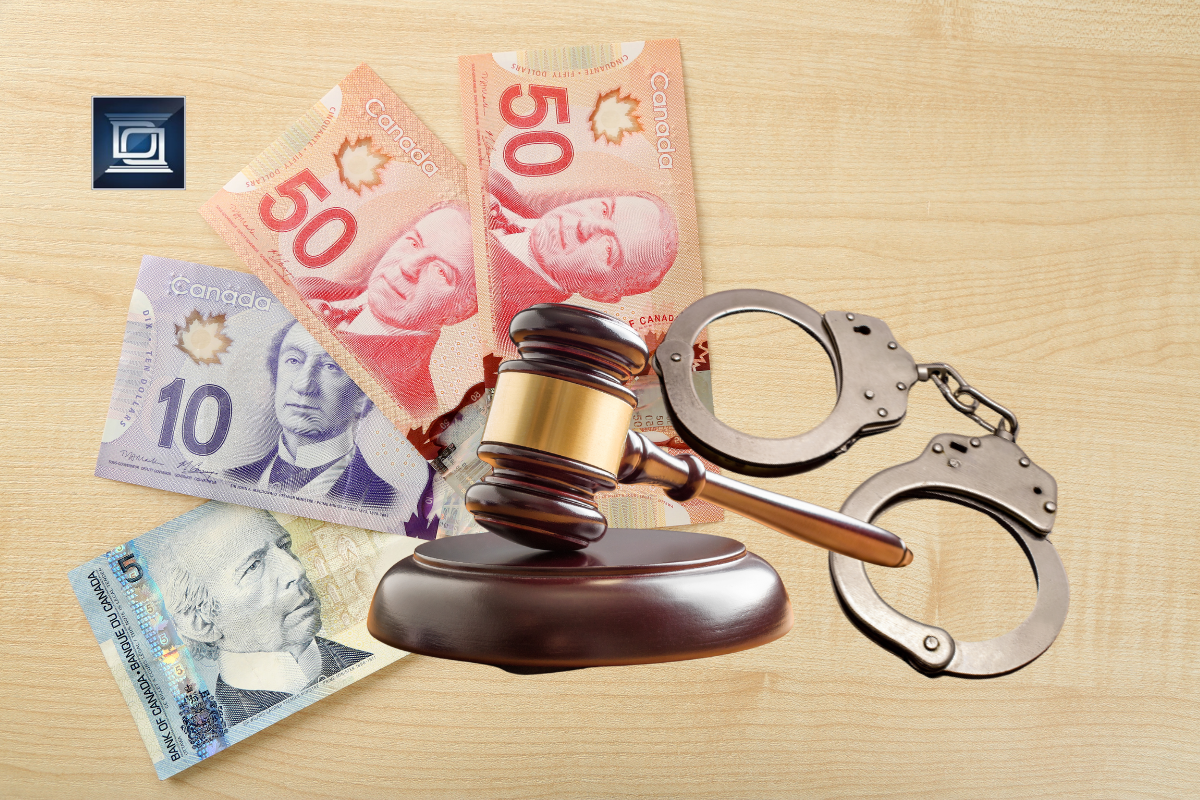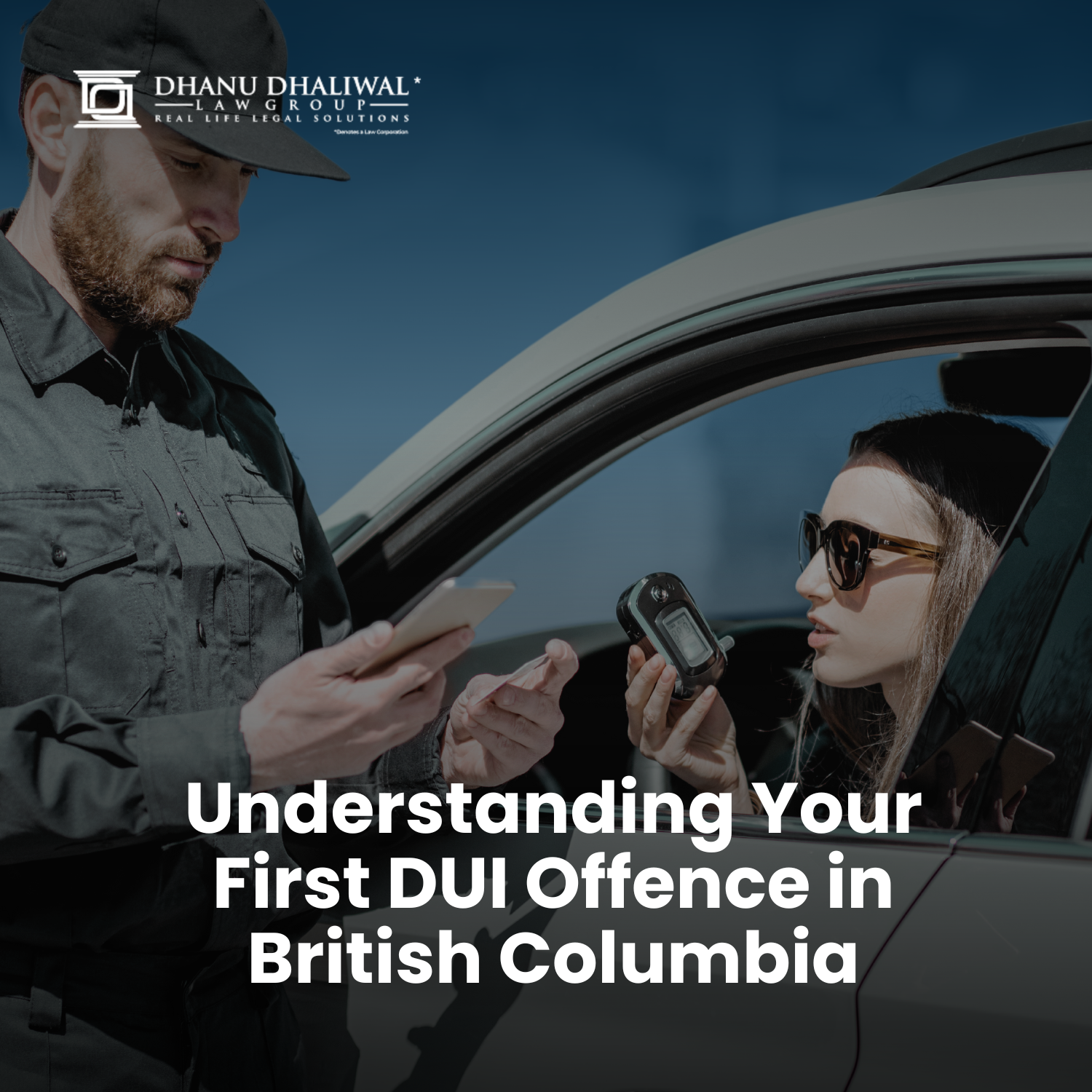In British Columbia, as in other parts of Canada, a bail hearing is a legal proceeding where a person who has been arrested and charged with a criminal offense requests to be released from custody pending their trial. The primary purpose of a bail hearing is to determine whether the accused person should be detained in custody or released on bail before their trial. Here is an overview of what happens at a bail hearing in BC:
- Arrest and Booking: The process typically begins with the arrest of the accused person by law enforcement. They are then brought to a police station for booking, which involves recording personal information, taking fingerprints, and conducting other administrative procedures.
- Bail Application: If the accused wishes to be released from custody before their trial, they, or their legal representative, can file a bail application. This application is typically made to a judge or justice of the peace.
- Bail Hearing: The bail hearing is a formal court proceeding where the judge or justice of the peace considers whether the accused should be released on bail. During the hearing, various factors are taken into account, including:
- The nature and seriousness of the offense.
- The accused’s criminal record, if any.
- The strength of the evidence against the accused.
- The accused’s ties to the community (e.g., employment, family).
- The risk of the accused not appearing for their trial.
- The risk to public safety if the accused is released.
- Crown Prosecutor’s Position: The Crown prosecutor presents the case against the accused and may argue for detention, especially if there are concerns about flight risk or public safety. They may also propose conditions for release if bail is granted.
- Defence Argument: The accused or their legal representative presents arguments in favor of release on bail. This may include providing evidence of strong community ties, a stable address, or a lack of prior criminal convictions.
- Bail Conditions: If the judge or justice of the peace decides to grant bail, they will set specific conditions that the accused must adhere to while on bail. These conditions may include reporting to a bail supervisor, adhering to a curfew, refraining from contact with certain individuals, or surrendering travel documents.
- Surety: In some cases, the court may require a surety. A surety is a person who agrees to take responsibility for the accused and ensure they comply with their bail conditions. The surety may be required to provide a financial guarantee.
- Decision: The judge or justice of the peace will make a decision based on the information presented during the hearing. They can either grant bail, deny bail (remanding the accused in custody), or adjourn the hearing for further evidence.
- Release or Detention: If bail is granted, the accused will be released from custody, usually after meeting the specified conditions. If bail is denied, the accused will remain in custody until their trial, unless they appeal the decision.
The specific procedures and factors considered at a bail hearing can vary depending on the nature of the offense, your criminal history, and other circumstances. Legal representation is crucial during this process to advocate for the accused’s rights and interests.
Get in touch with our criminal defence lawyers if you are seeking representation for your bail hearing!






